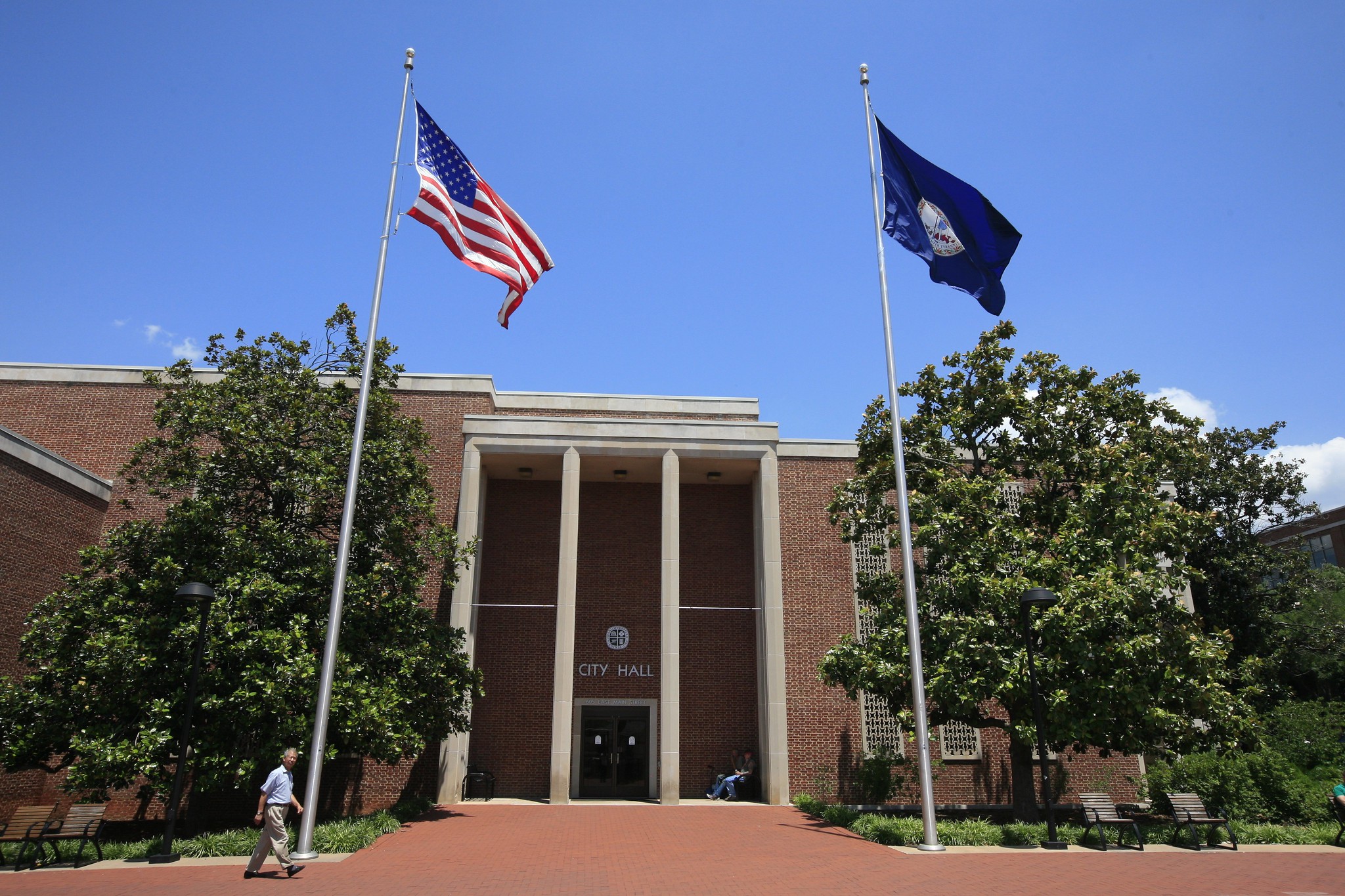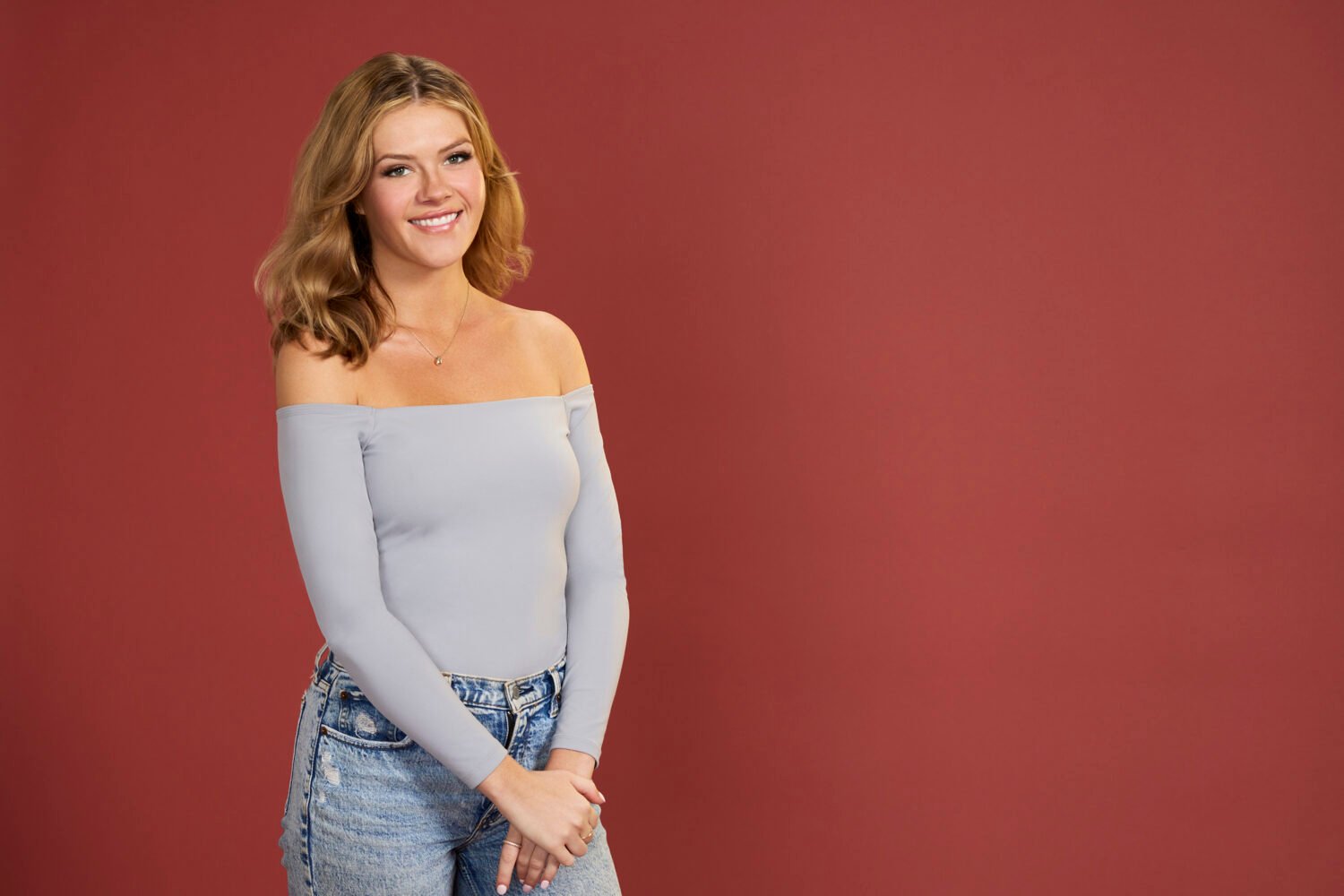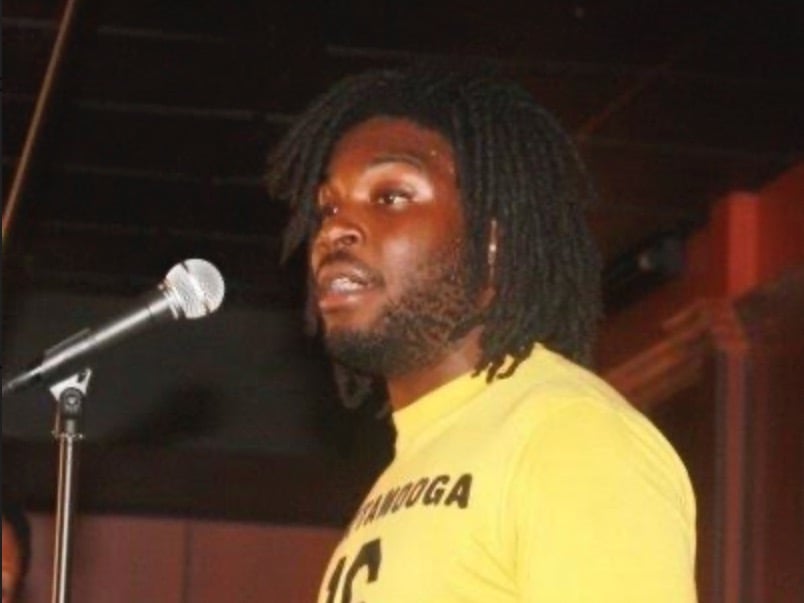Two poems by Charlottesville Mayor Nikuyah Walker have drawn national attention. Walker posted the first poem on her Facebook page Wednesday (the same day she popped a screenshot on Twitter):
— Mayor Nikuyah Walker (@NikuyahWalkerCC) March 24, 2021
After the post was reported to Facebook and removed, she posted a longer, different version:
https://www.facebook.com/nikuyahwalker.cvillecouncil.5/posts/990010514868585
Walker, an independent, was elected to Charlottesville’s city council in 2017 and won a second two-year term as mayor in January 2020. (Charlottesville, like most Virginia cities, uses a “council-manager” model that limits a mayor’s powers.) She’s the first Black woman to serve as the city’s mayor.
Walker has so far allowed her poetry to speak for itself, declining comment to news organizations about her intention with the poems. (She has not yet replied to an interview request from Washingtonian.) City spokesperson Brian Wheeler didn’t comment on the poems but told the Charlottesville Daily Progress he had no reason to believe Walkers’ accounts were hacked.
Walker’s words have been something of a gift for conservative media organizations. Michael Payne, one of Walker’s colleagues on the council, objected to the post, telling a local TV station, “I’ve heard from multiple community members who have been survivors of sexual assault and sexual violence, and seeing this kind of language is just extremely hurtful to them.” On her Facebook page, Walker said Payne had “crossed the line” and described his reaction as “white fragility.”
Another councilmember, Lloyd Snook, told the Daily Progress he believed Walker was “clearly speaking about, and from, a pain that she feels that I can never feel.”
It’s unclear if any single incident prompted Walker’s poems.
Walker’s poetry isn’t the only speech causing controversy in Charlottesville lately. The University of Virginia has restricted the size of signs students may post on its central “Lawn” after students posted signs that used frank language to criticize the school.




















